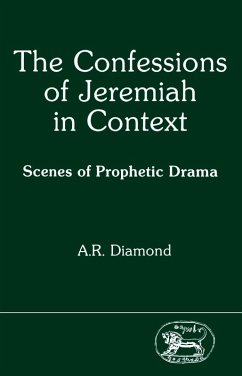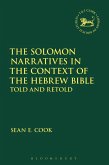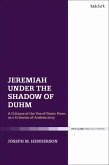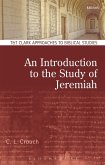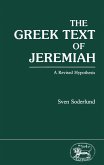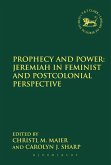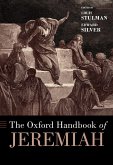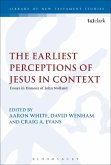The 'Confessions' of Jeremiah have generally been interpreted as isolated poems interspersed among prophetic oracles. This book endeavours to read the Confessions in their present literary context. Diamond argues persuasively that the more the Confessions are isolated from their setting in the book of Jeremiah, the more opaque and indeterminate readings of them become. When they are allowed to function in the context determined for them by the editors of Jeremiah, they promote the editorial valuation of the prophet's mission-Israel's opposition to Jeremiah becomes the ground for a theodicy explaining the national disaster. Restoring the Confessions to their context in the book finally enables the author to demonstrate that chapters 11-20 form an integrated literary complex.
Bitte wählen Sie Ihr Anliegen aus.
Rechnungen
Retourenschein anfordern
Bestellstatus
Storno

